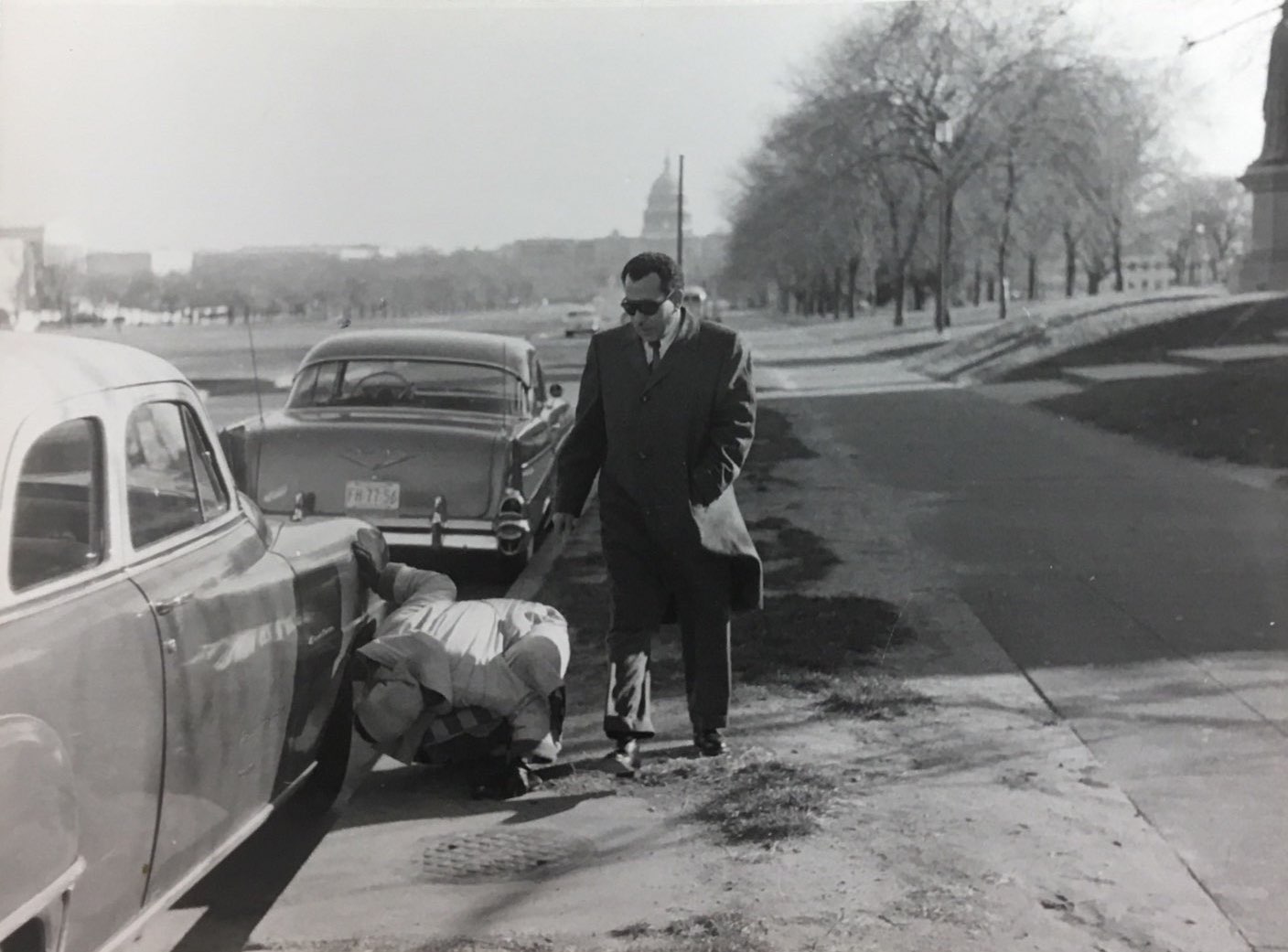Aliya Hassen: Transnational Networks, Ecumenism and American Islam
DOI:
https://doi.org/10.24847/77i2020.249Keywords:
MENA, Aliya Hassen, Transnational, MuslimAbstract
This article explores activist Aliya Hassen’s life to identify local, regional, national, and international networks cultivated by early MENA Muslims in the United States. The United States was a hub of mid-twentieth-century transnational Arab and Muslim organizing, where many activists promoted an ecumenical understanding of Islam that tackled pressing American concerns like feminism, anti-imperialism, as well as social and racial justice. Because this organizing engaged both Arab and non-Arab American groups, including the Federation of Islamic Associations, Islamic Center of DC, the Islamic Cultural Center of New York, the Nation of Islam, Muslim Mosque, Inc., Ahmadiyya missionaries, and the Muslim World League, it challenges the salience of American racial formations and even national frames as meaningful analytical categories. Spanning the historic marginalization of MENA peoples and post-World War II consolidation of Islamophobia in the United States, Hassen's biography demonstrates the ways historical forces surface different ways of "reading" and understanding her life.
Image: Aliya Checking a Tire, folder "Group and Miscellaneous Photographs," Box 2, Aliya Hassen Papers, Bentley Historical Library, University of Michigan

Published
Issue
Section
License
Copyright (c) 2020 Thomas Simsarian Dolan

This work is licensed under a Creative Commons Attribution-NonCommercial-NoDerivatives 4.0 International License.
Authors who publish with this journal agree to the following terms:
- Authors retain copyright and grant the journal right of first publication with the work simultaneously licensed under a Creative Commons Attribution-NonCommercial-NoDerivatives 4.0 International License, which allows others to share the work with an acknowledgement of the work's authorship and initial publication in this journal.
- Authors are able to enter into separate, additional contractual arrangements for the non-exclusive distribution of the journal's published version of the work (e.g., post it to an institutional repository or publish it in a book), with an acknowledgement of its initial publication in this journal.
- Authors are permitted and encouraged to post their work online (e.g., in institutional repositories or on their website) prior to and during the submission process, as it can lead to productive exchanges, as well as earlier and greater citation of published work (See The Effect of Open Access).
The content of this journal is licensed under a Creative Commons Attribution-NonCommercial-NoDerivatives 4.0 International License.

